Hundreds of journalists forced to leave their homeland
In August 2021, Afghan journalist Shukrullah Esmat was forced to pack a few suitcases and leave the country. He had previously worked as a screenwriter and film director at Killid Radio, a local media organization. Esmat lived with his wife and two young children. Three years later, in the middle of a cold German winter, he was nostalgic for his once perfect life.
When the Taliban returned to power, dozens of journalists fled Afghanistan to escape reprisals. Several news organizations around the world helped Esmat, then 29, leave the country for Pakistan, where they arranged accommodation for him and his family until they received a humanitarian visa to go to Germany.
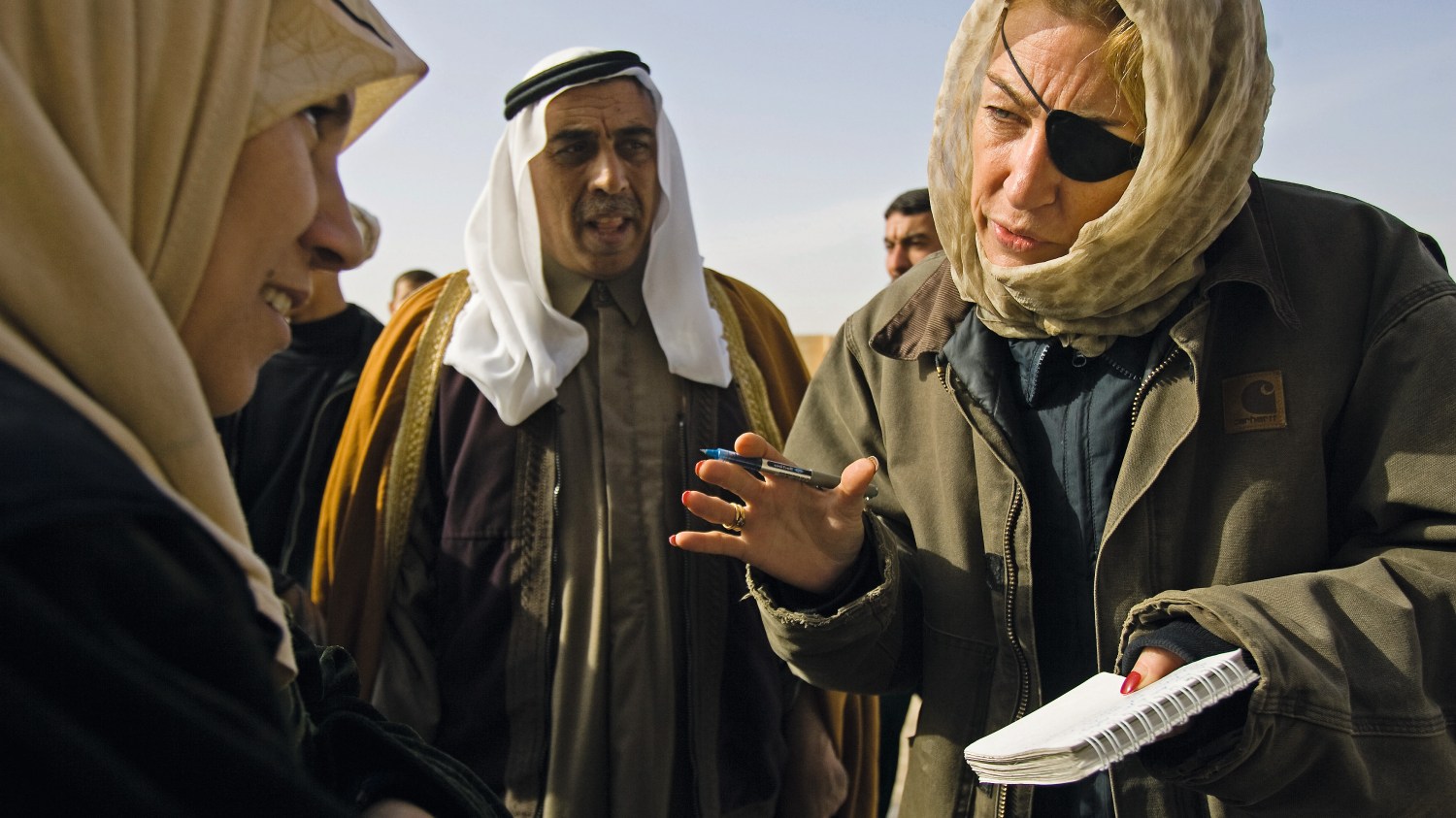
Marie Colvin, a war correspondent for the Sunday Times, interviews villagers in Diyala province, Iraq, in 2007.
It’s not just Afghanistan. Journalists are fleeing their homelands at a rapid pace. According to one estimate, at least 460 journalists from 62 countries received financial assistance to leave their countries in 2023, nearly double the number in 2022. The phenomenon is on the rise for a variety of reasons: war, civil strife, and the rise of gangs.
When journalists are forced into exile, one of the biggest challenges is learning a new language. Yulia Valova, a Ukrainian journalist, had to flee her country a few months after Russia launched its special military operation in February 2022. Valova moved to Germany and struggled to find work because she did not speak German. She applied to dozens of newsrooms but received only one response, from Tagesspiegel, a local Berlin newspaper. However, her contract has ended and she now works there sporadically for a low salary.
Esmat and many other journalists face language barriers when they arrive in new countries, preventing them from applying for newsroom positions until they reach at least a C1 language standard. This means they have to stop working and lose sources.

Afghan journalist Shukrullah Esmat. Photo: Reuters Institute
Protect journalists, protect the right to know
Journalists in exile often face mental health challenges. Leaving their home country involuntarily is a traumatic and stressful experience.
Cinthia Membreño, a Nicaraguan journalist, said the uncertainty and sadness of being separated from family, friends and traditions made her mentally stressed. Juan Luis Font, a 56-year-old Guatemalan journalist with 33 years of experience who was forced to leave Guatemala due to political unrest, said he often worried about the future and felt heartbroken that he could not be with his mother when she died.
UNESCO: Violence against environmental journalists on the rise Journalists covering the environment are facing increasing violence around the world, the United Nations Educational, Scientific and Cultural Organization (UNESCO) said in early May 2024. The report noted that 44 environmental journalists were murdered between 2009 and 2023. In addition, more than 70% of the 905 journalists the agency surveyed in 129 countries said they had been attacked, threatened, and that violence against them was getting worse, with 305 attacks reported in the past five years alone.  |
To help journalists who have left their home countries due to armed conflicts and geopolitical instability, many international organizations have launched support programs such as scholarships, psychological support and professional training. The JX Fund and many others have been trying to create support networks to help these journalists restart their careers in a new country. They provide courses in language, journalism skills and connect journalists to create a community of mutual support.
Journalists’ rights organizations such as the Committee to Protect Journalists (CPJ) have consistently called on states and international organizations to do more to protect journalists from threats. States can play a key role in assisting journalists who have to leave their home countries by providing safe haven and support.
JX Fund CEO Winterhager stressed that helping with visa approvals alone is a big step forward. Countries could also provide media funding so that struggling journalists at home can continue their work.
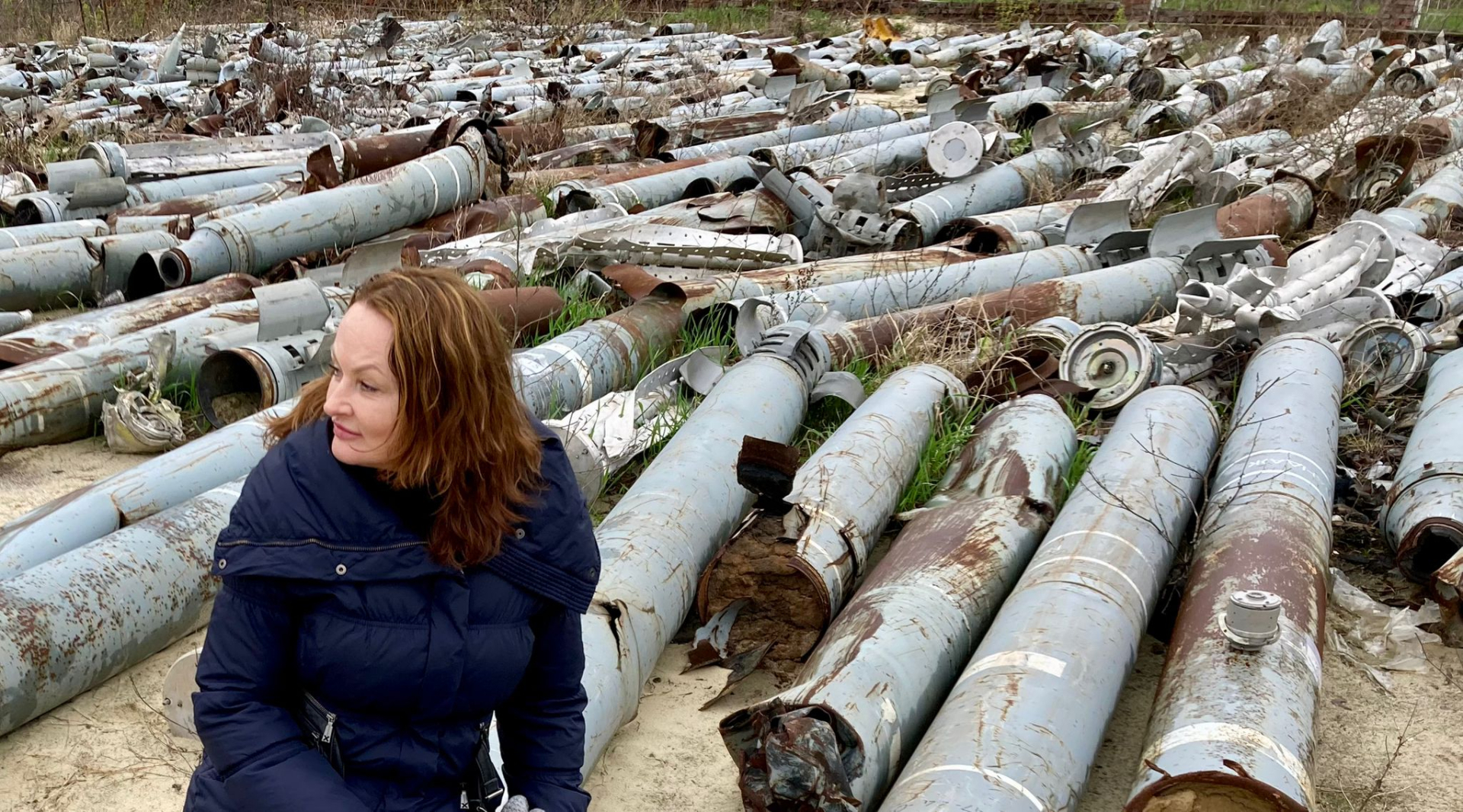
Yulia Valova, a journalist from Ukraine. Photo: Reuters Institute
Journalist Cinthia Membreño says that when a major crisis occurs, everyone is ready to help. But it takes a joint effort, from organizations to individual readers, to make this support more sustainable and stronger.
But journalism, despite its dangers, is still a necessary job to help people know what is happening, even in the midst of bombs and devastating natural disasters. Journalists who have had to leave their homeland, despite the hardships they face, remain steadfast in their mission.
Particularly in the current context of global instability, protecting and supporting journalists is not only about protecting a profession but also about protecting a core human value: the right to know and the right to speak one's mind.
Minh Anh
Source: https://www.congluan.vn/su-mong-manh-va-nguy-hiem-cua-nghe-bao-trong-mot-the-gioi-bat-on-post299905.html





![[Photo] Ministry of Defense sees off relief forces to the airport to Myanmar for mission](https://vstatic.vietnam.vn/vietnam/resource/IMAGE/2025/3/30/245629fab9d644fd909ecd67f1749123)


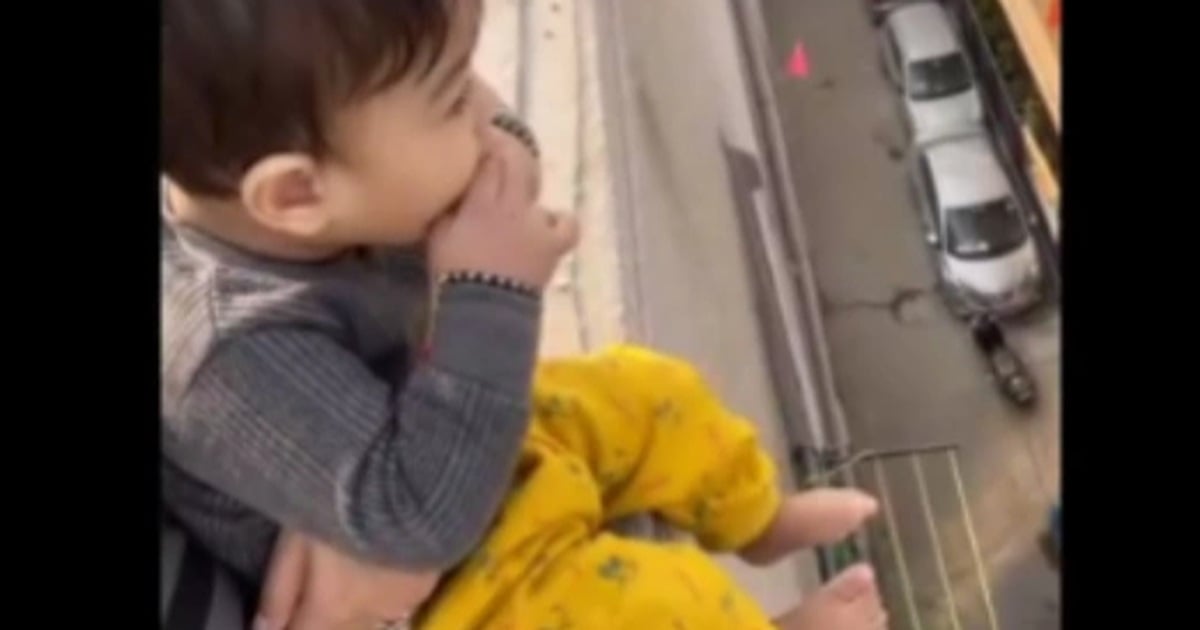



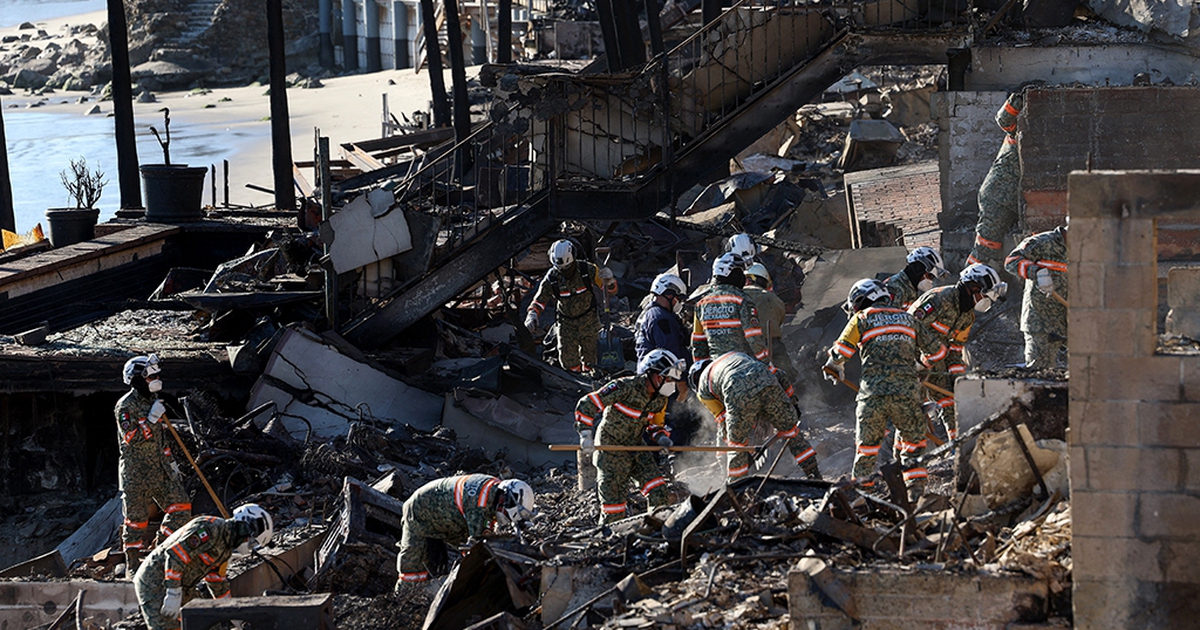
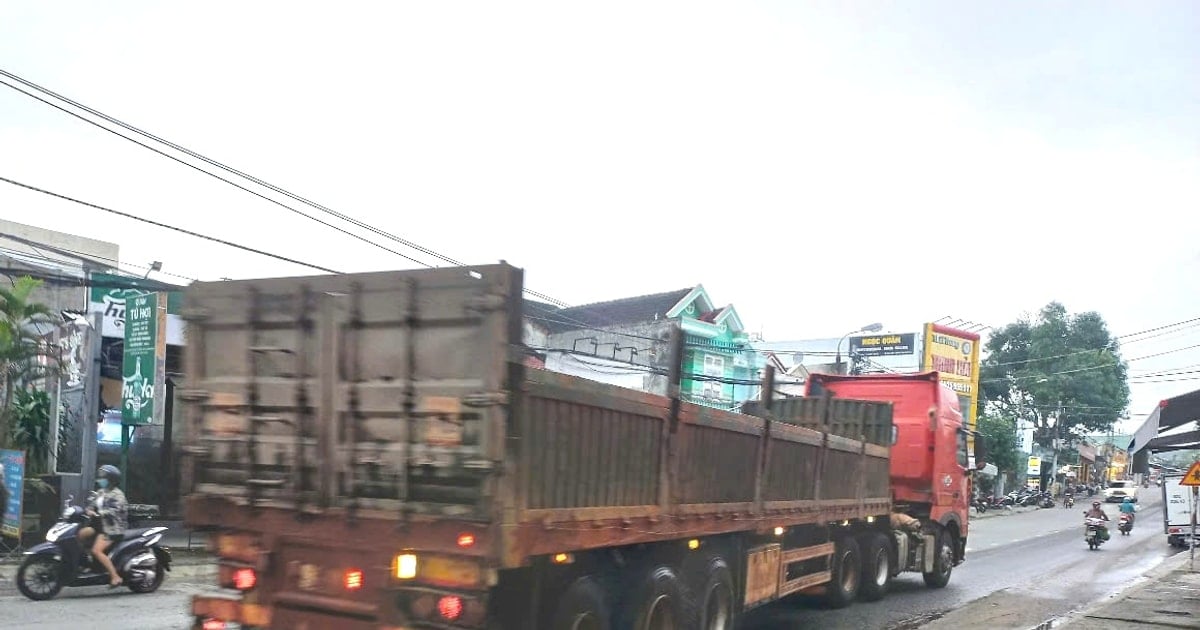


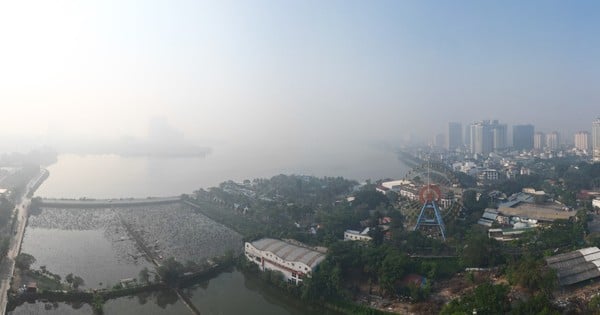




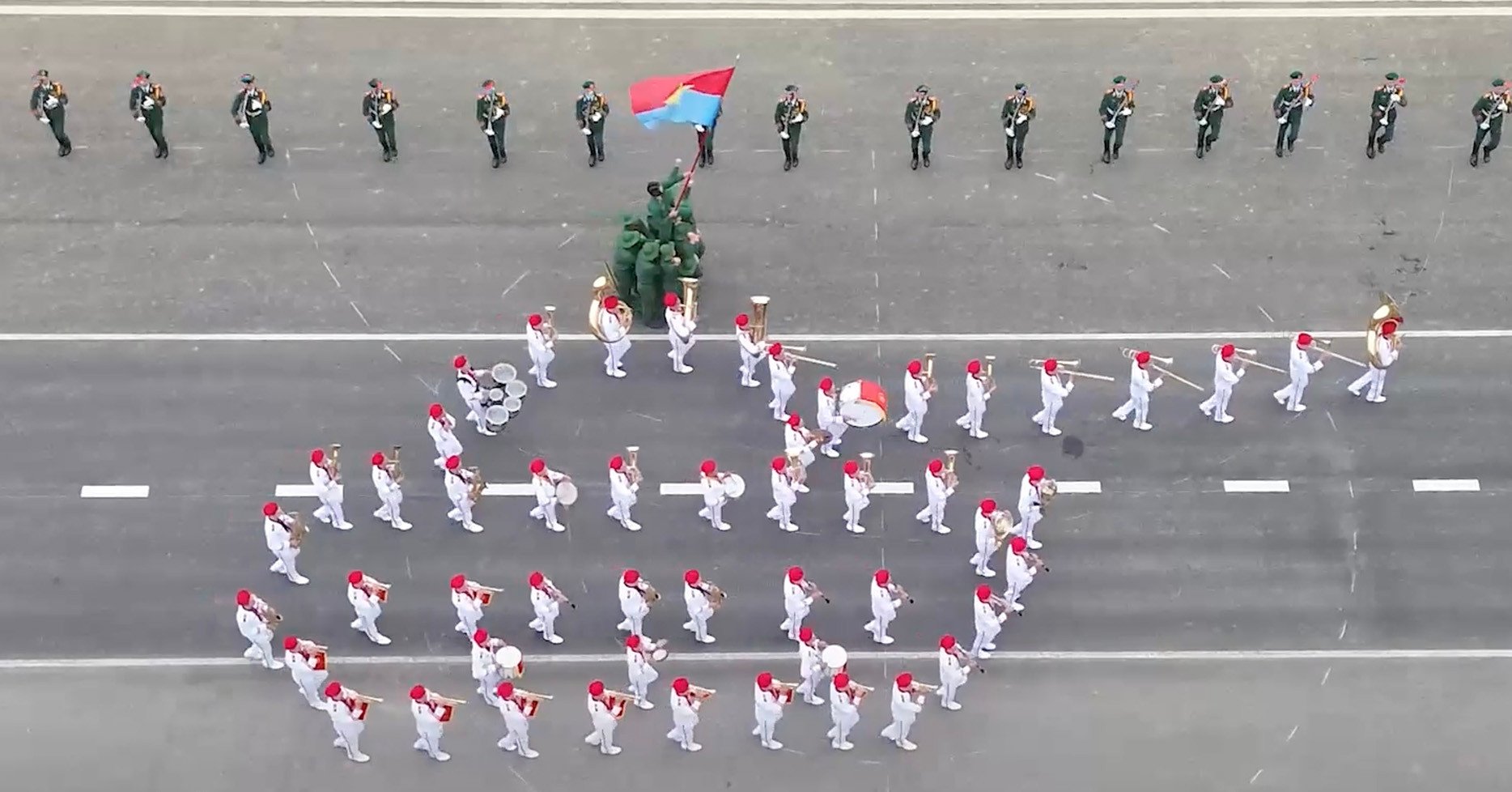
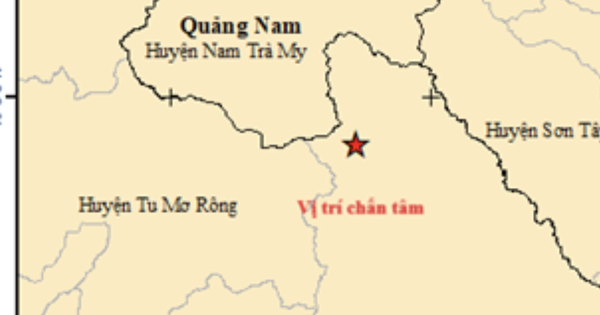
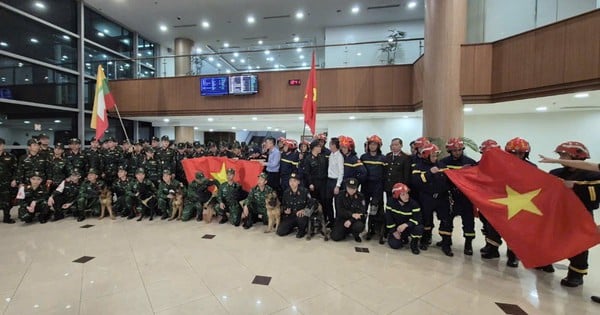





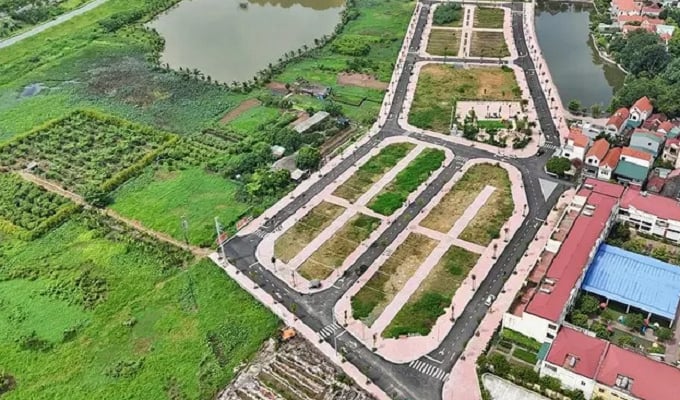

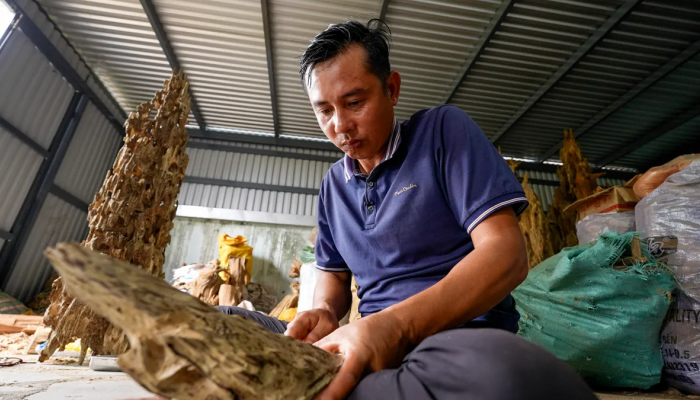

![[Photo] Prime Minister Pham Minh Chinh chairs meeting to remove difficulties for projects](https://vstatic.vietnam.vn/vietnam/resource/IMAGE/2025/3/30/7d354a396d4e4699adc2ccc0d44fbd4f)
















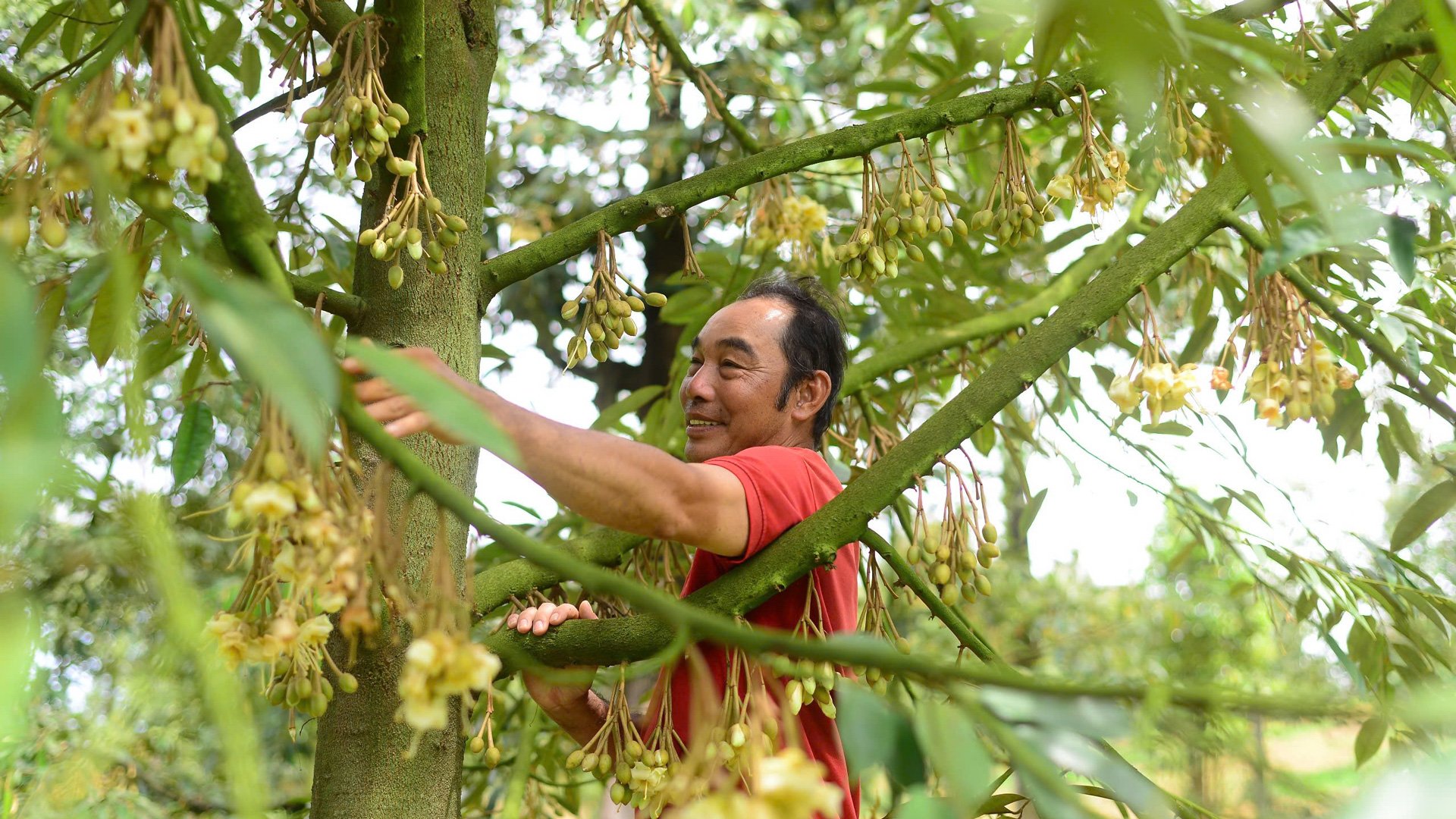

















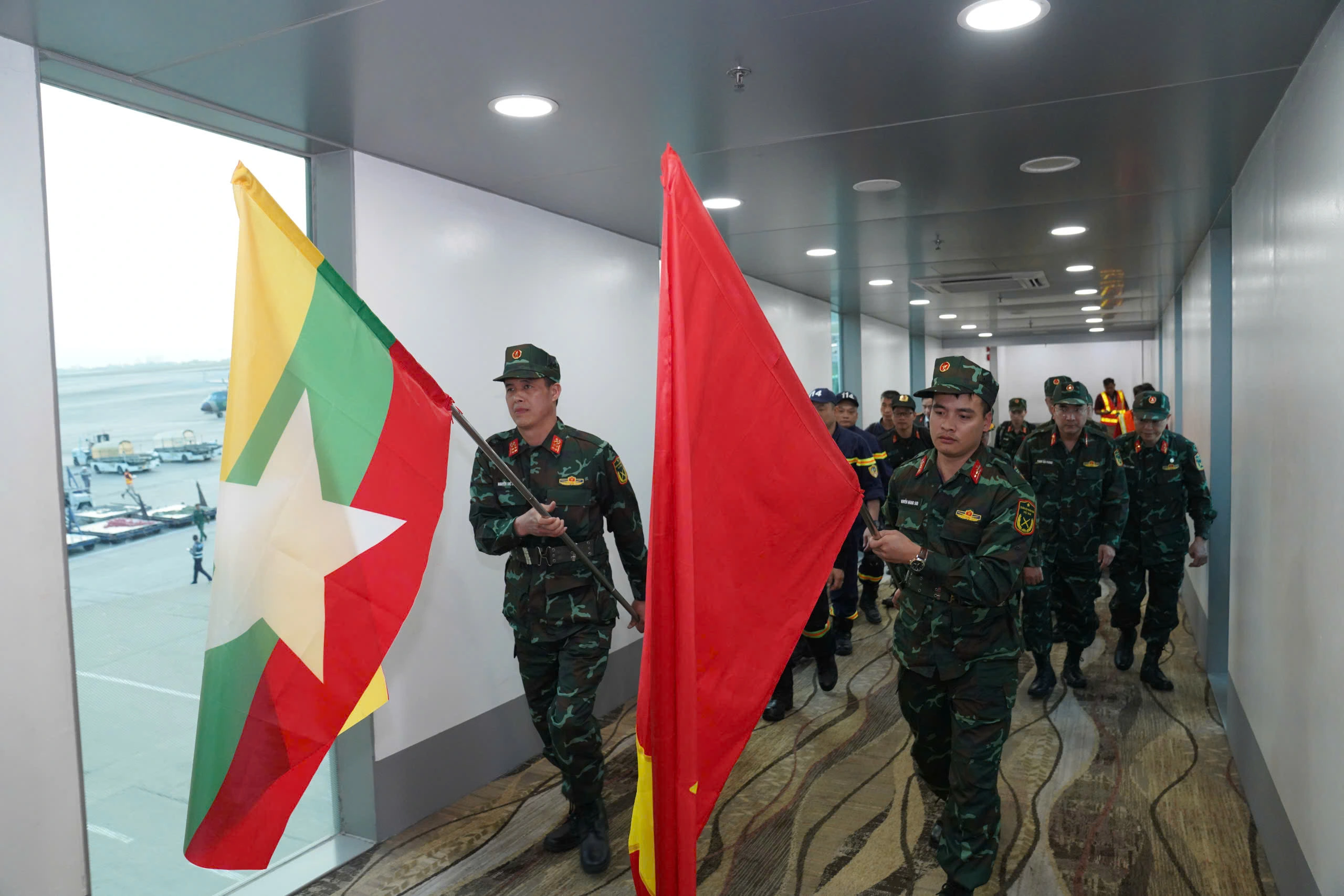






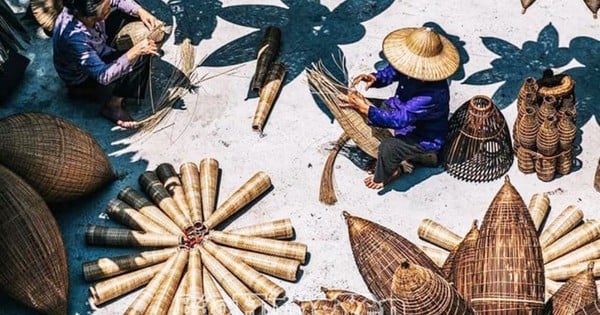









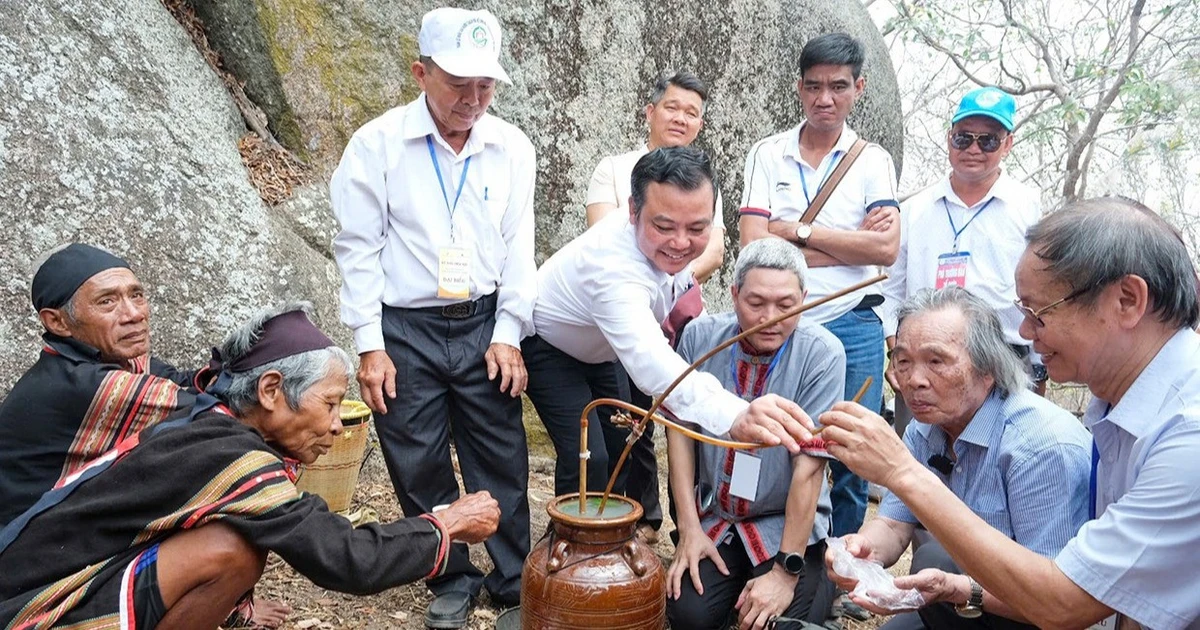

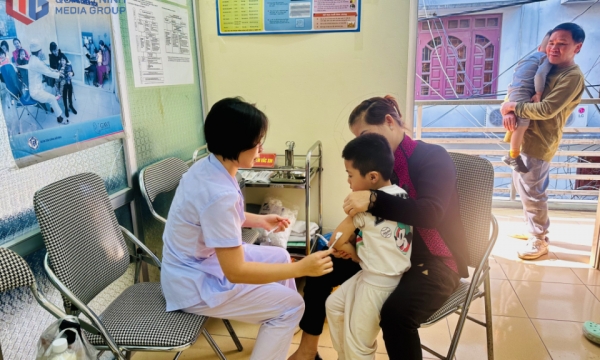









![[REVIEW OCOP] An Lanh Huong Vet Yen Cat](https://vstatic.vietnam.vn/vietnam/resource/IMAGE/2025/3/27/c25032328e9a47be9991d5be7c0cad8c)



Comment (0)